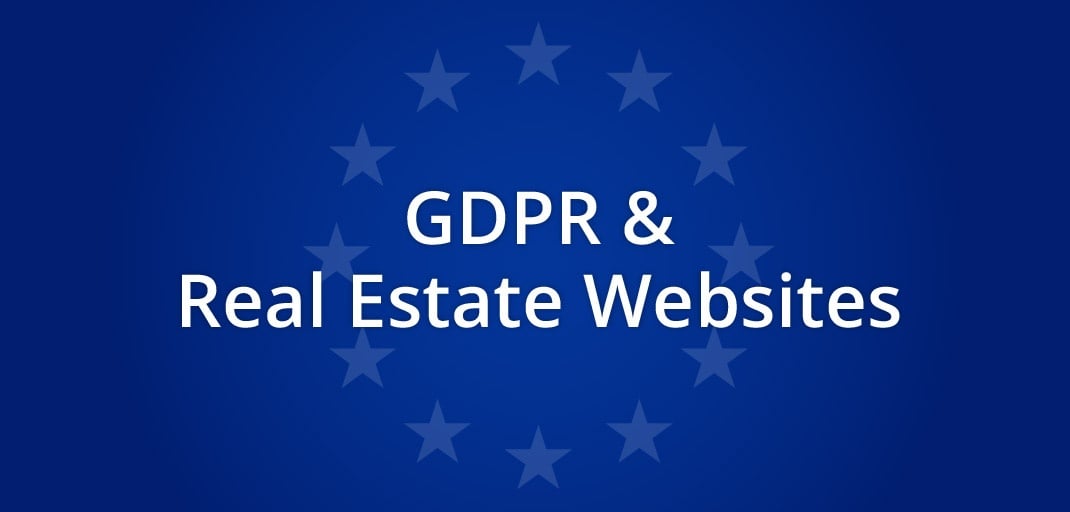By Andreea on 12 June 2018
The European Union’s General Data Protection Regulation (GDPR) has gone into effect as of May 25, 2018. Under this mandate, organizations in possession of a consumer’s information must first obtain clear, explicit consent from the owner if they wish to retain the information for future use. Companies that are not GDPR-compliant or break any parts of the regulation stand to face exorbitant fees.
The main concern of most businesses regarding GDPR is the potential repercussion this directive could have on their marketing campaigns. Now that they no longer have the liberty to do as they please with consumer data, they may have to completely rewrite their existing marketing strategies. They must also be completely straightforward with their data accretion tactics—something that can be especially troubling for marketers who aren’t used to transparency.
For property managers and real estate agencies that have clients or are based in Europe, GDPR will certainly affect your business. But believe it or not, this isn’t a cause for concern. Despite the potential “problems,” GDPR taking effect could actually be a boon to your real estate website—especially in terms of lead generation. Here’s why:
The Value of Qualified Contacts
Being GDPR-compliant means that the only pieces of consumer information you have on file are the ones you were explicitly allowed to keep and use by the consumer themselves. This means two things: one, the consumer is fully aware that you have their contact information, and two, they’re perfectly fine with you reaching out to them.
It’s better to have a list of 100 people who are highly receptive to you rather than a spreadsheet of 10,000 cold contacts who don’t even know you exist. Qualified contacts are generally more open to what you have to offer, making it far easier to build genuine consumer-brand relationships with them.
Better ROI Through Quality Data
Once you’ve narrowed your client list down to people who are fully responsive to you, you can make more informed business decisions. Your target consumer data will be far more accurate, which means more precise marketing predictions.
Let’s say you want to offer services to a certain subdivision, but you don’t know how receptive people are going to be. If you see that you already have several existing qualified contacts in the area, then you know you have a considerably high chance of penetrating that market. However, if you don’t have any qualified contacts there, you are at least aware that targeting that area is now more of a gamble than a strategy.

Consumer Peace of Mind = Data Aggregation
Being GDPR-compliant can actually increase your data aggregation. If your real estate business is open about operating under GDPR, people will implicitly trust you more. They’re assured that you won’t sell their information, spread it, or misuse it through underhanded sales tactics since you’re following the mandate. They’ll be more willing to share their details.
High-Quality Traffic Through Warm Referrals
Since they’re intimately familiar with you and are extremely responsive to communication from you, qualified contacts are great referral sources. It’s highly unrealistic to expect cold contacts to refer you after one or two (ignored) messages. Warm, receptive contacts, however, can expand your database and build organic, high-quality traffic through consistent referrals.
Consumer Trust Can Generate Traffic
Potential clients will implicitly trust your agency once they see you’re GDPR-compliant. This puts you at a considerable advantage over competitors who won’t openly operate under GDPR. The assurance that you won’t misappropriate their personal data makes potential clients far more likely to use your services. As more people visit your site and stay on your page, your SEO ranking increases. This, consequently, will drive more organic traffic to your website.
Final Thoughts
Overall, the only marketers and real estate agents who should be concerned about GDPR are those who amass consumer information through suspect means. Many independent marketing consultants and agencies are firmly convinced that GDPR represents an incredible opportunity for better, more transparent consumer-driven marketing.




comments